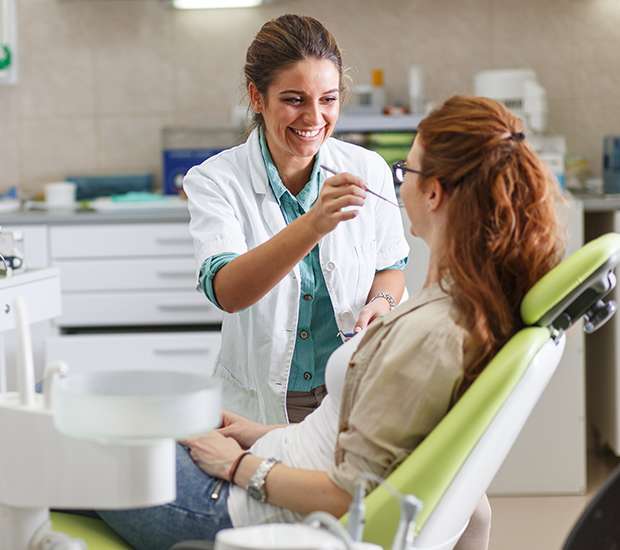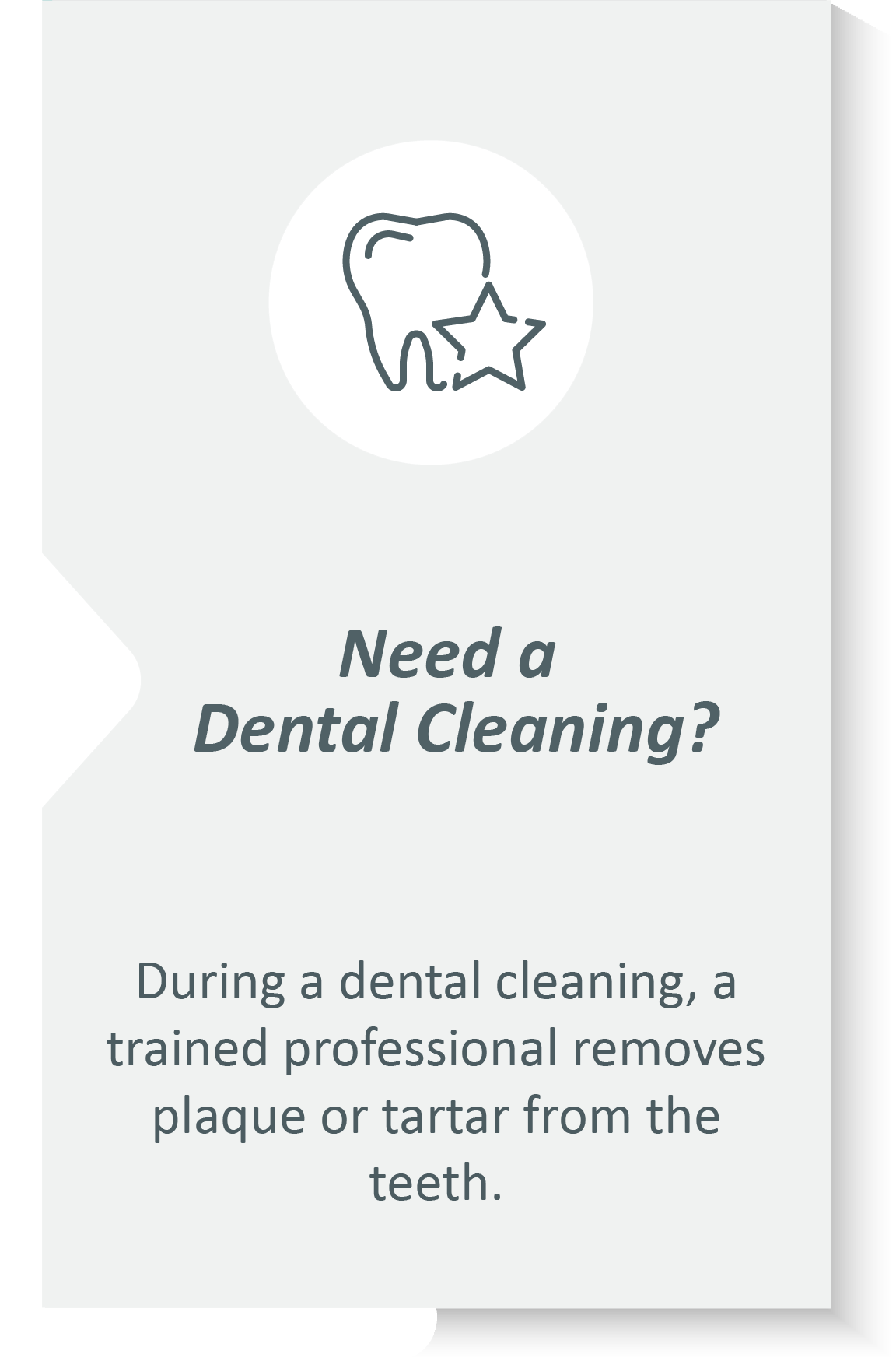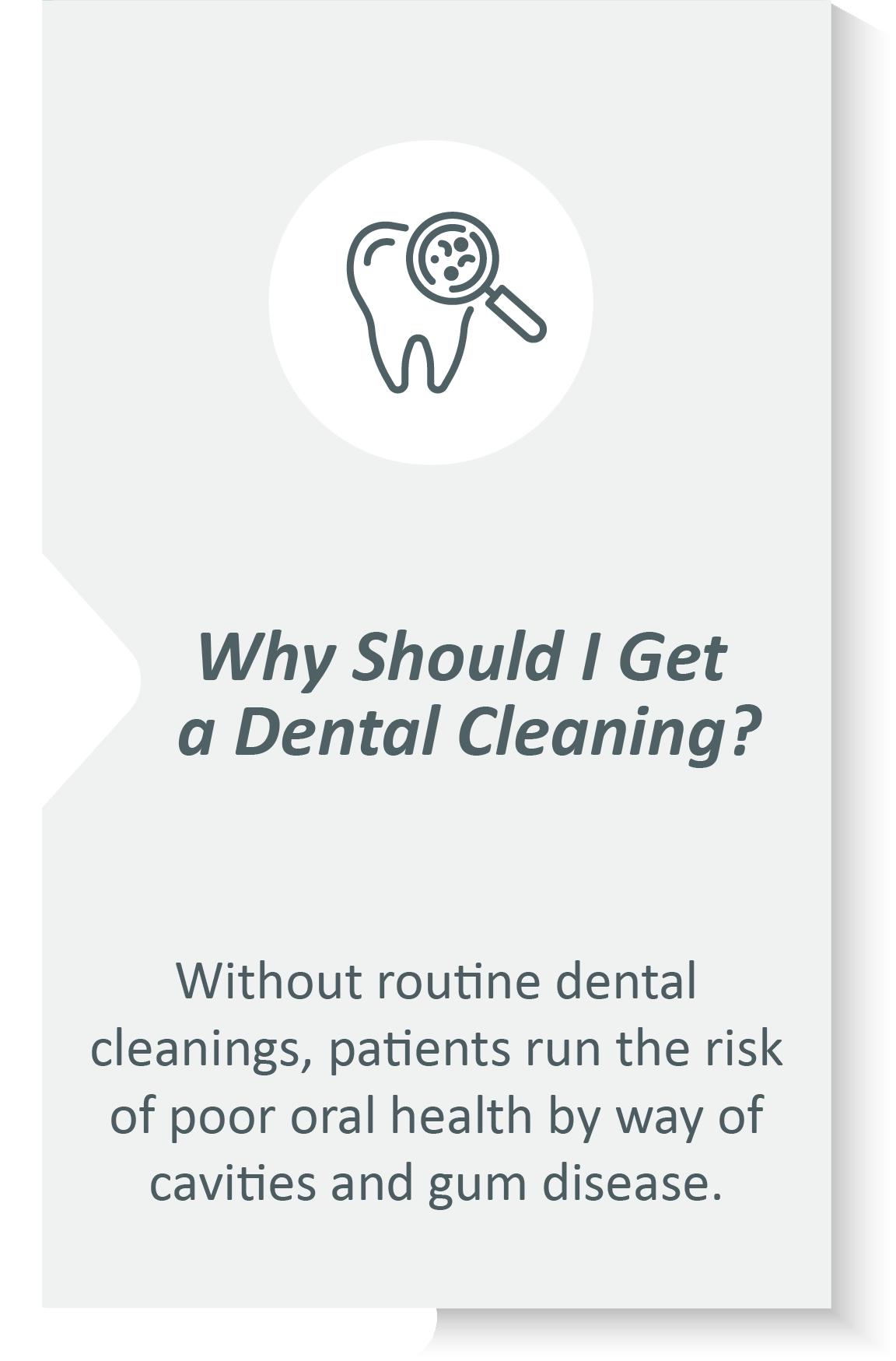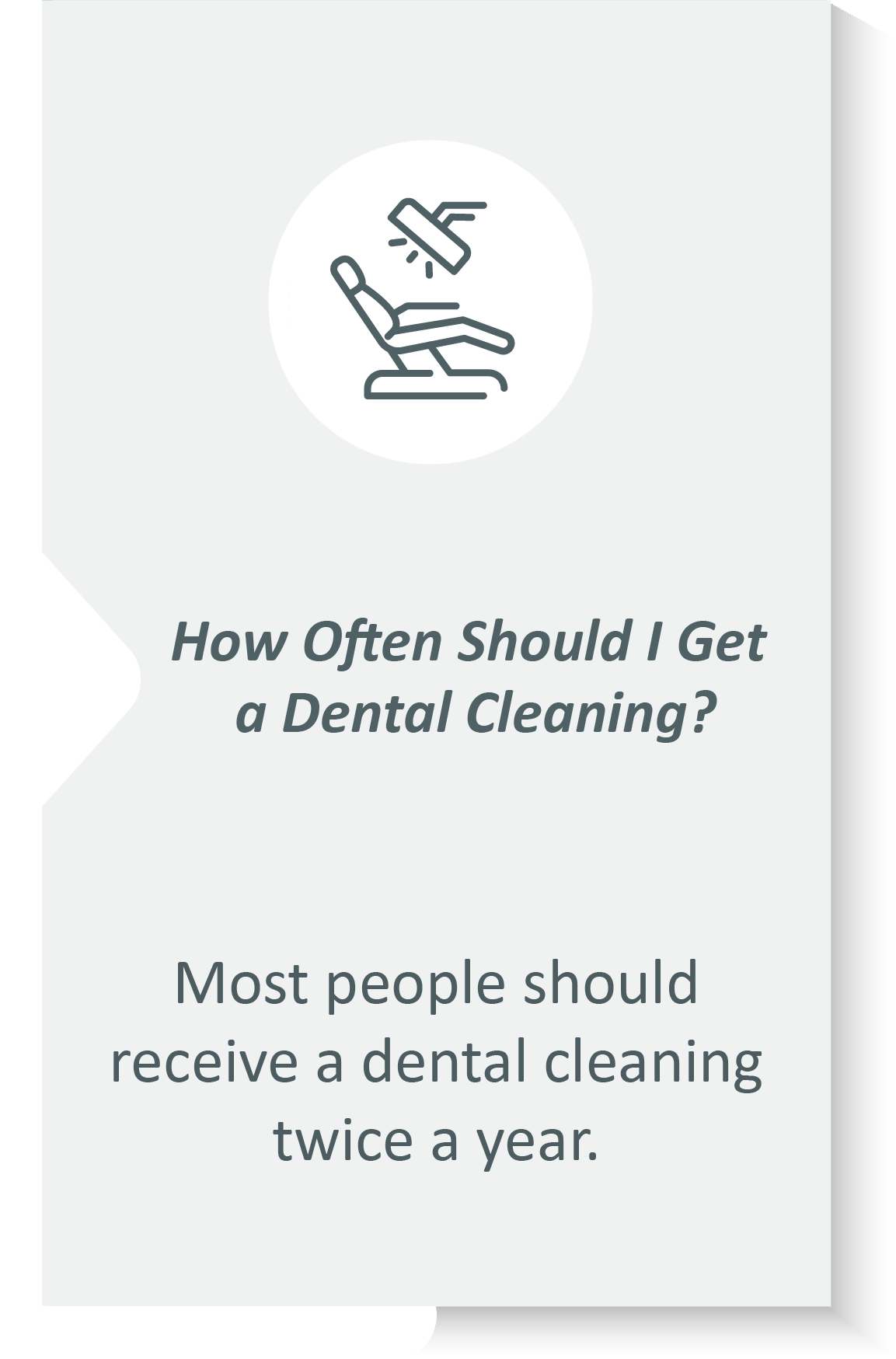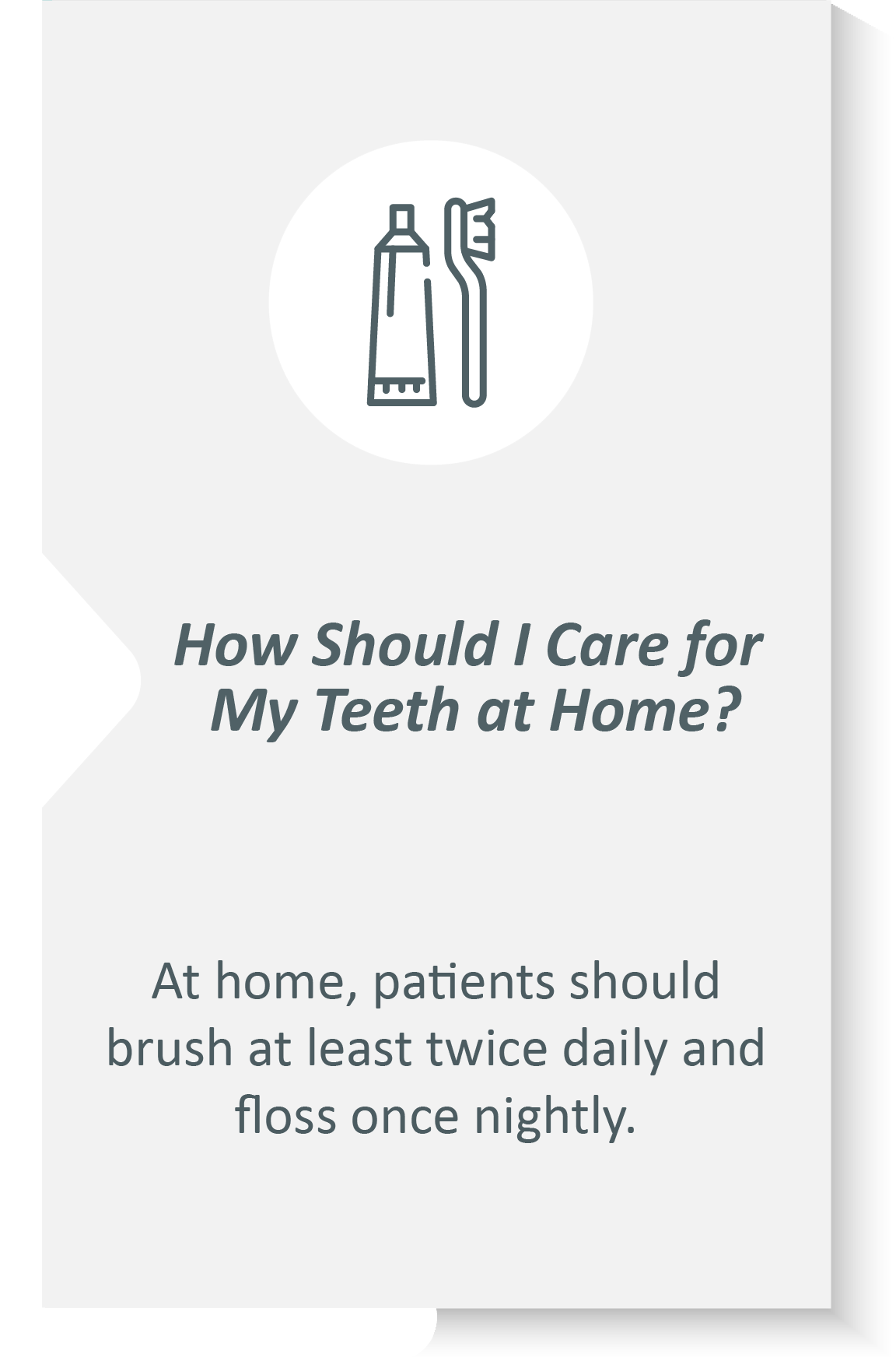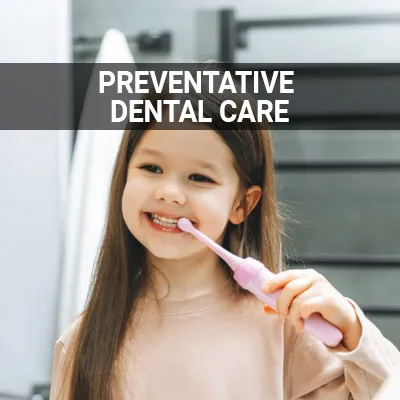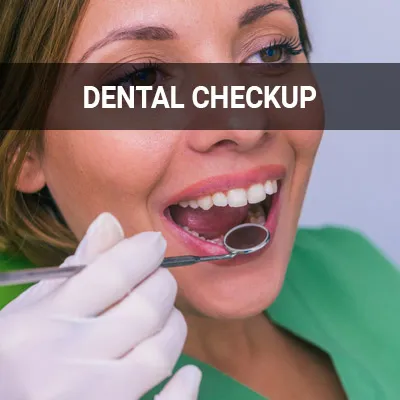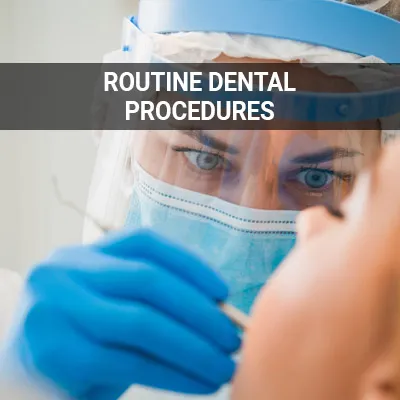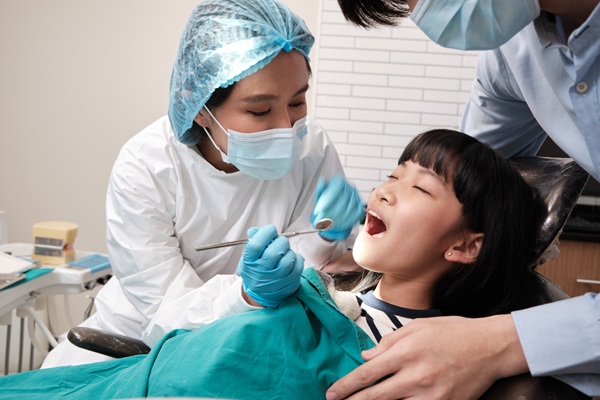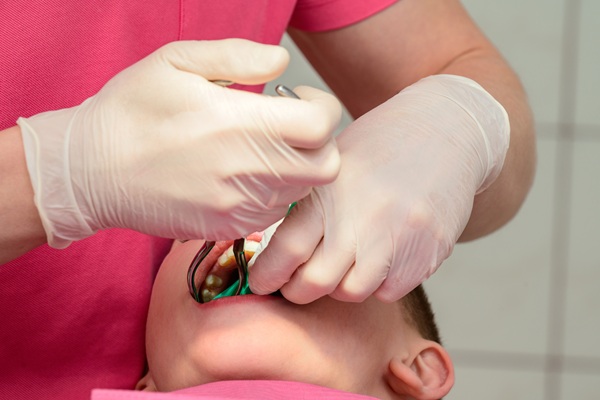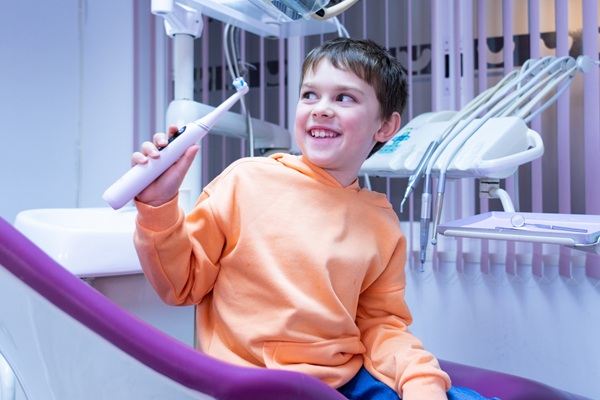Kids Teeth Cleaning Northridge, CA
Dental cleaning is a crucial part of regular dental checkups and examinations. It keeps the smile healthy and free of disease. The dental cleaning process includes plaque removal, flossing, polishing, and an examination of the gums. Parents who help their children and teenagers keep up with their regular appointments and at-home oral hygiene routine should experience simple and efficient dental cleaning appointments.
A general dentist is responsible for this part of a dental examination and will answer any questions their young patients or their parents may have. They help address their oral health concerns and provide advice on how they can keep their smile in the best shape possible. To schedule your child’s next dental cleaning, contact our Kidz Dental Home team at (818) 477-4083 today.
We Welcome Medi-Cal (Dental)
Why Dental Cleanings Are Important
Even with the best possible care, children and teens should still have their teeth and gums examined and cleaned by a general dentist. The dental professional will use special tools to remove any plaque buildup that is often too difficult to remove with only brushing or flossing.
With good oral hygiene and professional dental cleaning every six months, the risk of losing primary or permanent teeth declines considerably. The dentist may also take X-rays, which reveal early signs of tooth decay and other types of damage. Early detection of any dental problems can help correct or reverse problems before they worsen.
“Even with the best possible care, children and teens should still have their teeth and gums examined and cleaned by a general dentist.”
The Power of the Dentist’s Fluoride and Equipment
At the end of the dental cleaning, the patient will likely be asked to rinse with a fluoride mouthwash. Mouthwash that contains fluoride is a useful addition to any dental cleaning or oral hygiene routine. If the dentist recommends this fluoride treatment in the office and at home, it can help protect the teeth against the development of tooth decay. Like the scaler, toothpaste, and electric brush used during the cleaning, this treatment is extra powerful but not harmful.
“Mouthwash that contains fluoride is a useful addition to any dental cleaning or oral hygiene routine.”
Cleaning the Teeth
The general dentist will use a special instrument to clean the teeth and remove plaque and tartar buildup that has accumulated since the child’s last dental visit. Plaque is a sticky film that builds up on the teeth. When plaque is soft, it can be removed by regular brushing and flossing at home. However, when plaque builds up and hardens, it turns into tartar. Only dentists can remove tartar with professional dental tools.
The more tartar builds up on a child’s teeth and gums, the more time the dentist will need to remove it. Parents who encourage and help their children take good care of their teeth and gums at home can help prevent tartar buildup and make professional dental cleaning easier.
Gum disease and tooth decay can cause areas of sensitivity in the child’s mouth. If the young patient has any tooth or gum sensitivity, the general dentist will take additional care around those areas to prevent potential sensitivity and pain. They will use calm and clear communication to ensure the patient remains comfortable during the cleaning process.
After cleaning the young patient’s teeth, the general dentist will use a high-powered toothbrush to polish them. During professional dental cleanings, the dentist uses a special type of toothpaste with a slightly gritty texture that helps scrub the young patient’s teeth. Dentists who work with young patients often offer tasty toothpaste flavors, such as watermelon, strawberry, bubblegum, or mint, to make the cleaning more enjoyable.
After polishing the teeth, the general dentist will floss them to remove any leftover plaque or toothpaste. Flossing the teeth also helps the dentist identify any trouble spots where the patient’s gums might bleed. Bleeding gums may indicate sensitivity issues or early signs of gum disease.
Fluoride Treatment
Dental cleanings often include a special fluoride treatment. Fluoride is a mineral that helps strengthen the enamel and prevent cavities. It is found in most brands of toothpaste and mouthwash. The fluoride treatment used in dental offices is more concentrated than anything available commercially.
If the patient is too young to spit out flouride mouthwash without swallowing some of it, the dentist may recommend a flouride varnish after their cleaning. This is a quick and painless treatment where they apply a resin-based coating to the surface of the patient’s teeth in the form of a foam or gel. The dentist may ask that young patients avoid eating and drinking for 30 minutes after the treatment so the fluoride is fully absorbed into their teeth.
“Dental cleanings use a special type of toothpaste with a slightly gritty texture that helps scrub the teeth.”
Check out what others are saying about our dental services on Yelp: Dental Cleaning and Examinations in Northridge, CA
The Difference Between a Dental Cleaning and Deep Cleaning
According to the American Academy of Pediatric Dentistry, children and teenagers should go to a dental check-up every six months to keep their mouth healthy and clear of harmful plaque. However, young patients who have not undergone a normal dental cleaning in a long time may need to undergo a deep cleaning. Dentists recommend deep cleanings when the patient has bacteria or tartar between their teeth and gums. These bacteria can lead to gum disease and even tooth loss when left untreated.
Deep cleaning, also known as scaling and root planing, is when the dentist removes excessive plaque and tartar buildup that regular cleaning cannot. While scaling removes buildup around the young patient’s gums, root planning goes deeper. During root planning, the dentist removes buildup from the surface of the tooth roots. Children may need multiple deep cleanings to ensure oral and overall health.
“Dentists recommend deep cleanings when the patient has bacteria or tartar between their teeth and gums.”
Questions Answered on This Page
Q. Why does the dentist use fluoride mouthwash in the cleaning?
Q. Why are dental cleanings important?
Q. What is the power of dentist-provided fluoride?
Q. What are some strategies for preventing dental emergencies?
People Also Ask
Q. What happens during a routine dental checkup?
Q. What should people discuss during an office visit?
Q. What should be included in an at home oral health routine?
Q. Why is it important to educate the family about oral healthcare?
Q. What are dental sealants and tooth whitening treatments?
Preventing Dental Emergencies
We understand that it can be tempting to let kids skip regular dental cleanings, especially if they are good at brushing and flossing their teeth at home. However, taking them for regular checkups does more than clean their teeth. These appointments allow the dentist to identify minor dental issues before they turn into bigger problems. Dental issues like a minor toothache or gum infection can quickly turn into dental emergencies if they are not properly treated.
“Dental problems such as tooth decay or cracked teeth can turn into dental emergencies if not properly treated.”
Frequently Asked Questions
Q. How often should my child get their teeth cleaned?
A. The American Dental Association recommends that children have their teeth professionally cleaned every six months. If you have dental insurance coverage for your little one, these cleanings are likely covered at no out-of-pocket cost, as they are considered preventive dental care.
Q. Does my child still need to see a general dentist if they do not have any symptoms?
A. Your child should have a dental cleaning twice a year, even if they do not have any symptoms of oral health issues. Dental cleanings remove plaque and tartar from their teeth, preventing tooth decay and cavities. Neglecting dental appointments and professional cleanings can cause your child to have serious dental issues in the future, requiring more extensive treatments.
Q. What is the difference between a dental cleaning and a deep cleaning?
A. If your child has a lot of tartar buildup, their dentist may recommend a deep cleaning. A deep cleaning is a more thorough procedure designed to remove accumulated bacteria from the child’s mouth. A deep cleaning may involve scaling and root planing. Scaling is where the dentist removes plaque and tartar from below the gum line. Meanwhile, root planing smooths rough spots on the roots of the teeth to reduce bacteria and help teeth reattach to the child’s gums. If your child’s dentist recommends a deep cleaning, they may ask you to reschedule for a later date, as deep cleanings are more involved and take longer than a typical dental cleaning. They may also require more than one appointment to complete.
Q. What can I do to help my child take care of their teeth at home?
A. Using a small amount of fluoride toothpaste, encourage your child to brush their teeth at least twice a day for two minutes. Depending on their age, you may need to help them until they can thoroughly do it on their own. They should also brush their teeth more often if they eat or drink more sugary foods and beverages. Additionally, helping them floss once a day can help them remove food particles and bacteria from in between their teeth and around their gums.
Q. Does my child really need a deep cleaning?
A. Yes. Deep cleanings are particularly necessary for young patients with advanced periodontal disease (periodontitis) or excessive plaque and tartar buildup, which can lead to the loss of bone and gum attachment to the teeth. General dentists will typically diagnose periodontal disease is diagnosed via dental X-rays or if the child has large gum pockets.
Dental Terminology
Prevent Dental Emergencies
Regular cleanings can help prevent your child from experiencing dental emergencies and common oral health concerns, such as cavities and gingivitis. Following the recommended at-home routine and schedule cleanings every six months can ensure your child has a bright and healthy smile. Scheduling their next routine dental cleaning is as easy as calling our team in Northridge. Give us a call at (818) 477-4083 today.
Helpful Related Links
- American Academy of Pediatric Dentistry
- American Dental Association (ADA). Glossary of Dental Clinical Terms. 2025
- American Academy of Cosmetic Dentistry® (AACD). Home Page. 2025
- WebMD. WebMD’s Oral Care Guide. 2025
About our business and website security
- Kidz Dental Home was established in 2024.
- We accept the following payment methods: American Express, Cash, Check, Discover, MasterCard, and Visa
- We serve patients from the following counties: Los Angeles County
- We serve patients from the following cities: Northridge, Los Angeles, Panorama City, Porter Ranch, Granada Hills, Reseda, Van Nuys, Sherman Oaks, North Hills, Mission Hills, Canoga Park, Winnetka, Chatsworth and Tarzana
- Norton Safe Web. View Details
- Trend Micro Site Safety Center. View Details
Back to top of Kids Teeth Cleaning
